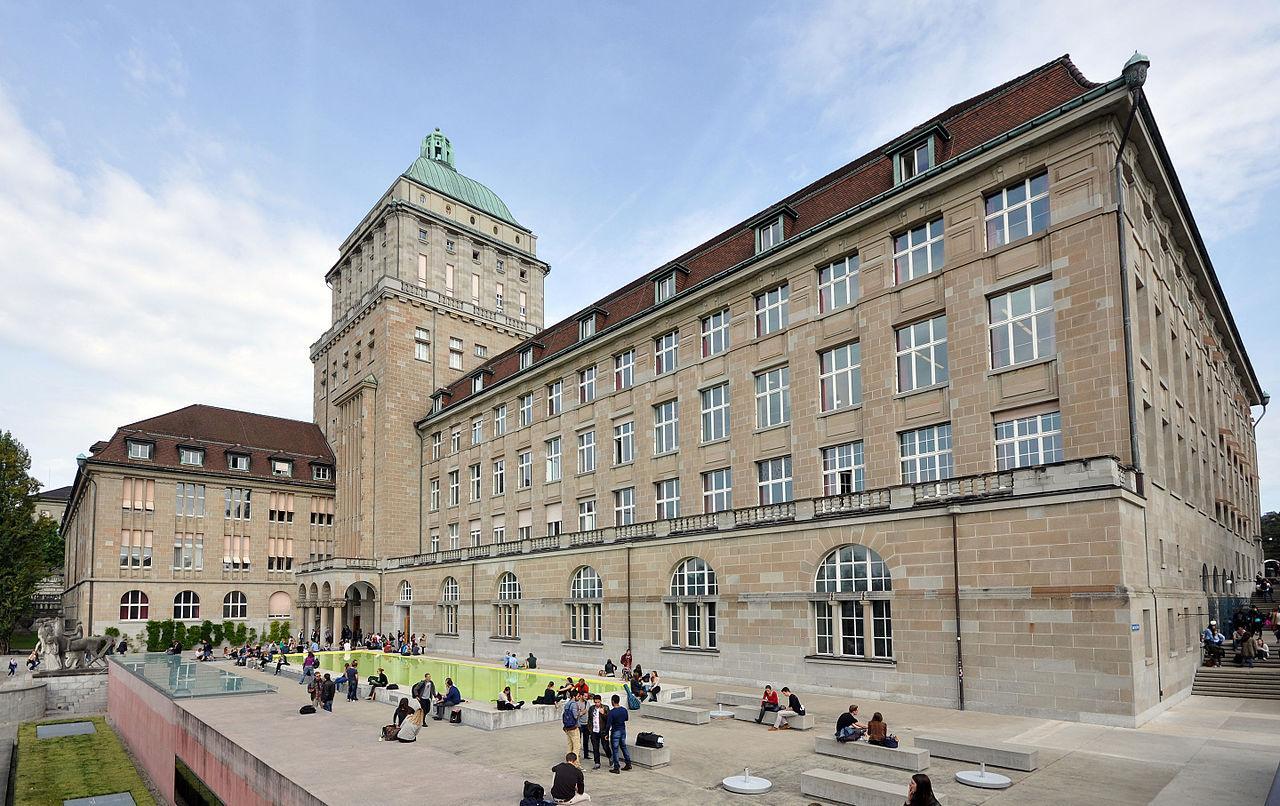
With regard to research infrastructures over the next four years, UZH looks set to play a major role: Five major projects submitted by UZH as the sponsoring institution received the top A grade in the evaluation. This information comes from the Roadmap for Research Infrastructures 2023, which has recently been published by the State Secretariat for Education, Research and Innovation (SERI).
This roadmap is published every four years with a focus on the future research budget at the level of the Federal Council, the Swiss federal government. Projects that receive a positive evaluation are more likely to benefit from a substantial contribution on the part of the Federal Council, although this is capped at half of the overall costs of this infrastructure. The total contribution for the five UZH projects is estimated to total 203 million Swiss francs.
“Only 14 of all the projects submitted by Swiss universities achieved the highest score, with UZH ranking at the top of this (unofficial) list”, as UZH writes in the press release. UZH sees this assessment as “proof of the innovative potential of our research”, according to Elisabeth Stark, Vice President Research at UZH.
The signs look good for a positive funding decision for these five research infrastructures under the planned leadership of UZH: Firstly, there is the OR-X operating room, a state-of-the-art environment for surgical research and teaching at UZH and Balgrist University Hospital. The Swiss Digital Pathology Initiative also stands a good chance of benefiting from federal funding. This project aims to create a joint database and research infrastructure for the universities of Zurich, Basel, Bern, Lausanne and Geneva for the digitization of pathology slides and their computer-aided analysis.
The IMPACT project was also awarded an A grade. It aims to produce novel isotopes and muons using the High Intensity Proton Accelerator (HIPA) at the Paul Scherrer Institute (PSI). With ARES (Airborne Research for the Earth System), UZH is seeking to further expand an infrastructure to measure terrestrial processes using remote sensing. Finally, the Swiss Institute for Drug and Device Development (SI3D) has designs on becoming the Swiss academic center for translational research in veterinary and human medicine. ce/mm
Related documents
Related news
Meet with an expansion expert
Our services are free of charge and include:
- Introduction to key contacts in industry, academia, and government
- Advice on regulatory framework, taxes, labor, market, and setting up a company
- Custom-made fact-finding visits, including office and co-working space